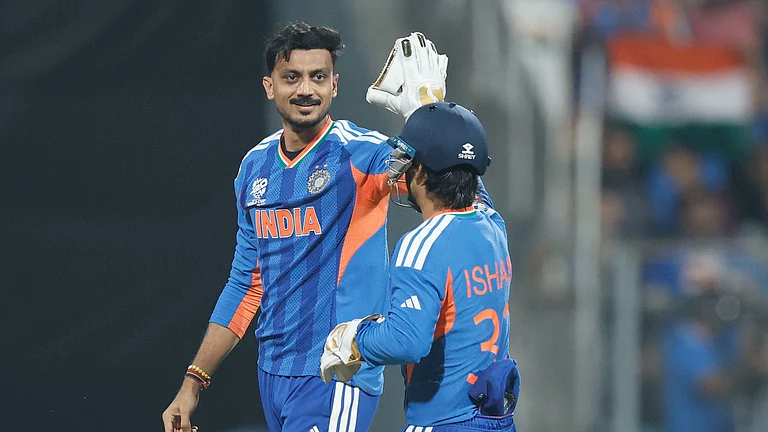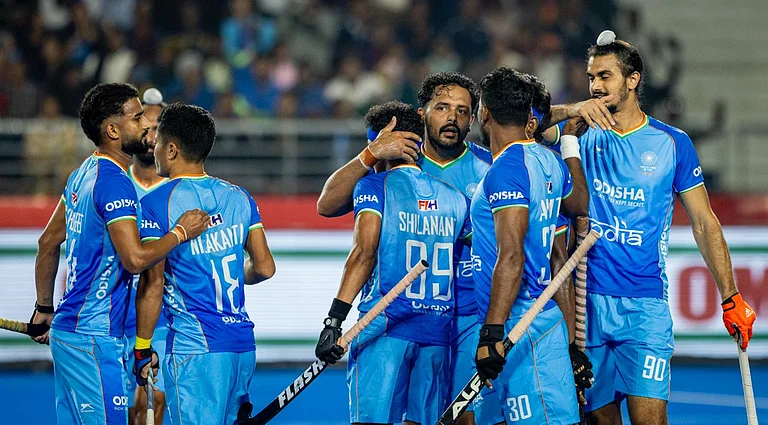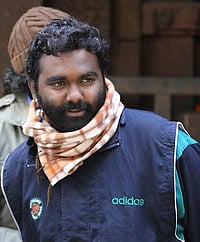Double-Acting
- 2014 Mulayam Singh Yadav, Mainpuri and Azamgarh, wins both
- 2004 Laloo Prasad, Chhapra and Madhepura, wins both
- 1999 Sonia Gandhi, Amethi and Bellary, wins both
- 1991 L.K. Advani, New Delhi and Gandhinagar, wins both
- 1980 Indira Gandhi, Rae Bareli and Medak, wins both
- 1957 A.B. Vajpayee, Lucknow, Mathura and Balrampur, wins latter
***
Modi darta hai, do seaton se ladta hai. While battle-cries during election campaigning tended to become personal attacks and vitriolic hate speeches, this chant by AAP workers in Varanasi touched on an important issue plaguing the current electoral system. Narendra Modi has secured the people’s mandate which will propel him to 7, Race Course Road on May 16, but it was his confidence that was worrisome. Arvind Kejriwal of the AAP may have based his entire campaign in Varanasi on not allowing the current Gujarat chief minister a place in the Lok Sabha, but Modi always had Vadodara to fall back on.
In 1996, the Representation of People Act (RP Act), 1951, was amended to allow candidates to contest from a maximum two seats. Earlier, the late Biju Patnaik could contest from four assembly seats and a Lok Sabha seat in 1971. Candidates have since then used the leeway of an extra seat either as a safety measure, to exert influence over a certain demographic, or even to contest against another prominent candidate.
For Modi, extending his influence across the Hindi-speaking belt up to Varanasi, while simultaneously having a peek-a-boo at the 22 Bhojpuri-speaking constituencies to the east and defeating Kejriwal in Kashi has come as a happy coincidence. The pan-India image was important, yes. The ‘pan-UP image’ has been shown to be equally vital, with the ‘multiplier effect’ coming into play and the BJP sweeping across the state. “It allows a monopoly by leaders who can claim to be elected from different parts of the country,” says Dr P.K. Datta, a political science professor at Delhi University. “It betrays the idea of representation as it’s a symbolic victory for someone claiming to vie for a position at the Centre who instead should represent his people in Parliament.” Doing away with having a safe seat option is not something the EC has mooted on.
Says D.K. Giri of the Voters Party, who had filed a writ petition against this practice in the SC on Feb 26 this year, “It’s a betrayal of the people; there will be huge expenses incurred during repolling. It not only shows the insecurity of leaders but also their arrogance of considering an electorate as their fiefdom.” Section 33 of the RP Act allows people to contest from more than one seat while Section 70 forbids them from holding on to more than one. Earlier, in 2004, the EC had proposed to bar candidates from contesting from more than a single constituency, or bear the cost of the ensuing bypoll which was set at Rs 5 lakh for an assembly seat, Rs 10 lakh for Lok Sabha. It never materialised under UPA.
Modi is expected to surrender Vadodara. Not only will its approximately 11 lakh electorate be asked to vote again, the people of Maninagar, who gave him an 86,373 majority in the 2012 assembly elections will also have to turn up to cast their ballot. The cost of conducting this mammoth exercise for 814.5 million voters has set the country back by an average of Rs 6.3 cr per constituency; a standalone bypoll costs more. Perhaps an amendment is needed that requires candidates to replenish the amount.

























